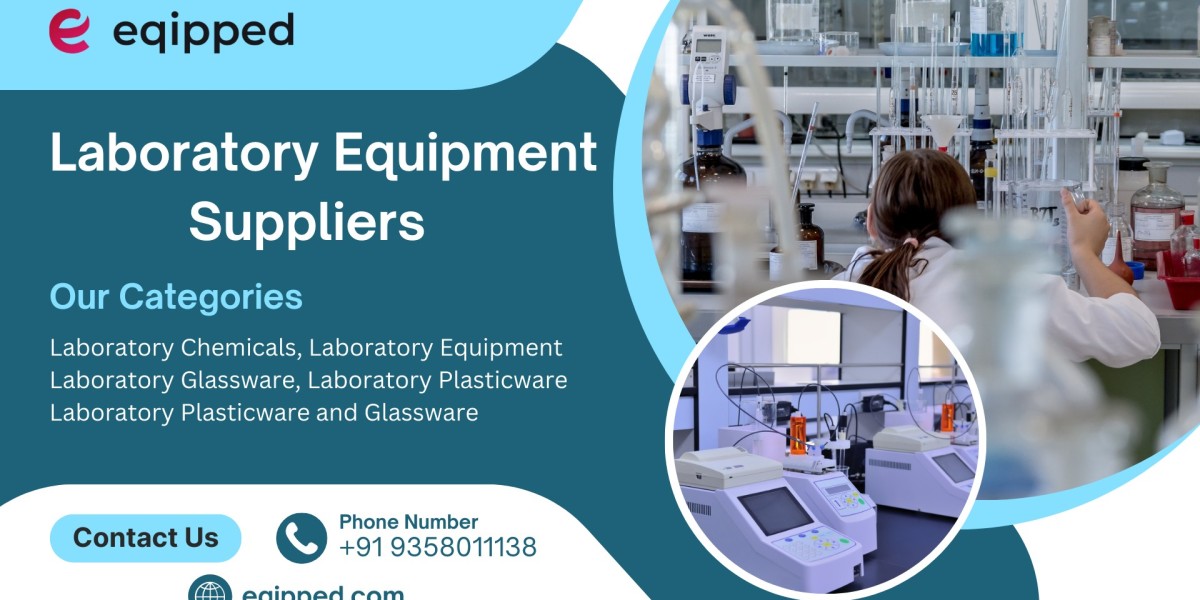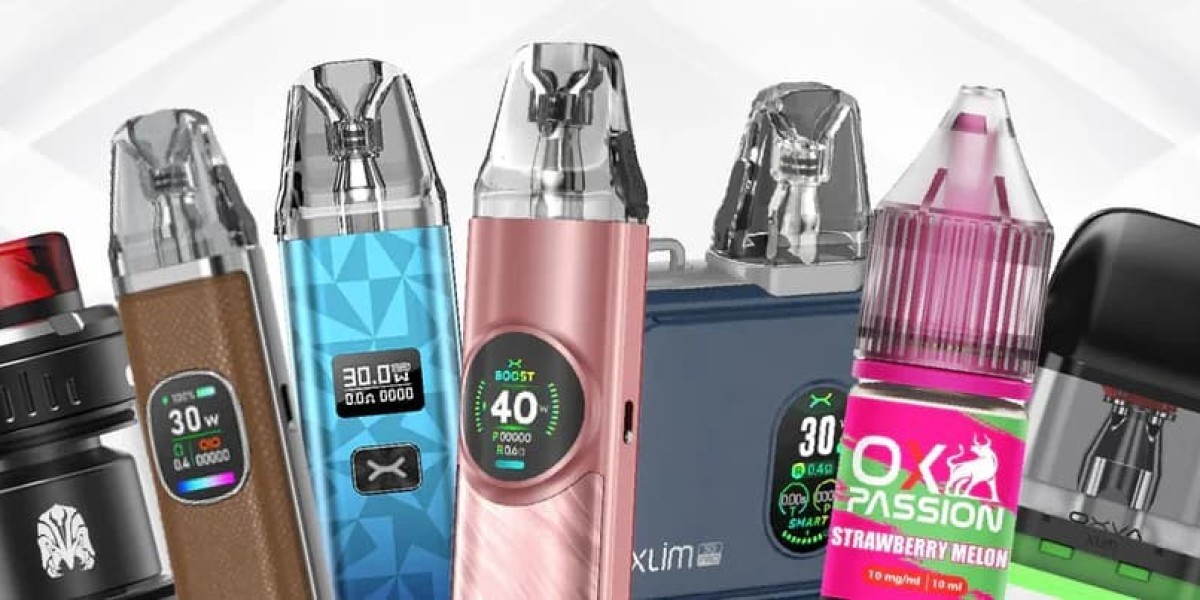In every scientific environment—whether educational, diagnostic, industrial, or research—the difference between accurate results and mishaps lies in the tools you use. Eqipped’s Laboratory Plasticware & Glassware collection offers a balanced blend of safety and precision, combining the practicality of plastics with the reliability of glass.
When Plasticware Makes Sense
Unmatched Durability for Busy Labs
Plasticware is virtually shatter-proof—ideal for high-throughput labs, teaching environments, or spaces with frequent handling.Lightweight & Ergonomically Friendly
Reduced weight means less fatigue for users who frequently handle samples or perform long procedures.Affordable & Versatile Options
Whether you need reusable items or need confidence in sterile disposables, plasticware gives you flexibility at a reasonable cost.Heat-Resistant, When Specified
Items made of polypropylene (PP) or polymethylpentene (PMP) can be safely sterilized and reused, providing hygiene without compromising on safety.
When Glassware Reigns King
Superior Heat and Chemical Tolerance
Crafted from borosilicate glass, our lineup endures harsh solvents and liquids heated to extreme temperatures with ease.Crystal-Clear Clarity for Precision
Transparency in glassware ensures accurate reading of liquid levels and visual tracking of reactions.Built for Long-Term Reliability
Though the initial cost is higher, proper care allows glassware to deliver consistent performance for years—offering excellent long-term value.
Choosing the Right Material for the Right Task
| Application | Plasticware | Glassware | Preferred Choice | Why It Matters |
|---|---|---|---|---|
| Busy teaching labs or high-traffic areas | ✓ Safe | ✗ Risky | Plastic | Break-resistant and user-friendly |
| High-temperature or corrosive environments | ✗ Unsafe | ✓ Safe | Glass | Tough enough for heat and chemicals |
| Frequent mixing, transfers, or large batches | ✓ Easy | ✗ Heavy | Plastic | Lightweight and cost-effective |
| Precision tasks like titrations | ✗ Less clear | ✓ Precise | Glass | Superior clarity and calibration |
| Sterility-sensitive applications | ✓ Disposable | ✓ Reusable | Depends | Plastic offers disposables, glass allows autoclaving |
Explore Eqipped’s Full Range of Labware
Plasticware Essentials
Beakers, flasks, cylinders
Pipette tips, centrifuge tubes, culture dishes
Funnels, wash bottles, reagent containers
Glassware Essentials
Volumetric and Erlenmeyer flasks, graduated cylinders
Burettes, pipettes, boiling flasks
Specialty apparatus like condensers, desiccators, separatory funnels
Every tool is selected for its performance, durability, and compatibility with lab workflows.
Care Tips to Maximize Labware Lifespan
Plasticware Guidelines:
Verify that it’s autoclave-safe before applying heat.
Clean gently to protect surface clarity.
Replace clouded or scratched items to maintain integrity.
Glassware Guidelines:
Avoid rapid thermal changes to prevent cracking.
Use soft brushes and mild detergents; most items withstand proper autoclaving.
Discard any chipped or compromised pieces right away.
Store safely to avoid damage—keep away from impacts.
Why Labs Choose Eqipped
One-Stop Solution for Labware Needs
Performance + Affordability
Expert Guidance for Material Selection
Secure, Nationwide Delivery in India
Final Thoughts
Innovation requires flexibility and precision in equal measure. With Eqipped’s collection of Plasticware & Glassware, you gain both. Empower your lab with the right tool—every time.
Explore the full collection now:
Laboratory Plasticware & Glassware
FAQs — Quick Labware Insights
| Question | Answer |
|---|---|
| Can all plasticware be autoclaved? | Only if labeled “autoclavable”—typically PP or PMP. Always check compatibility. |
| Why use glass for titrations? | Glass offers precise calibration and visual clarity—vital for accurate results. |
| When is plasticware a better pick? | When safety, handling ease, and budget outweigh precision needs. |
| How to make labware last longer? | Clean properly, avoid harsh chemical or thermal exposure, and store safely. |













